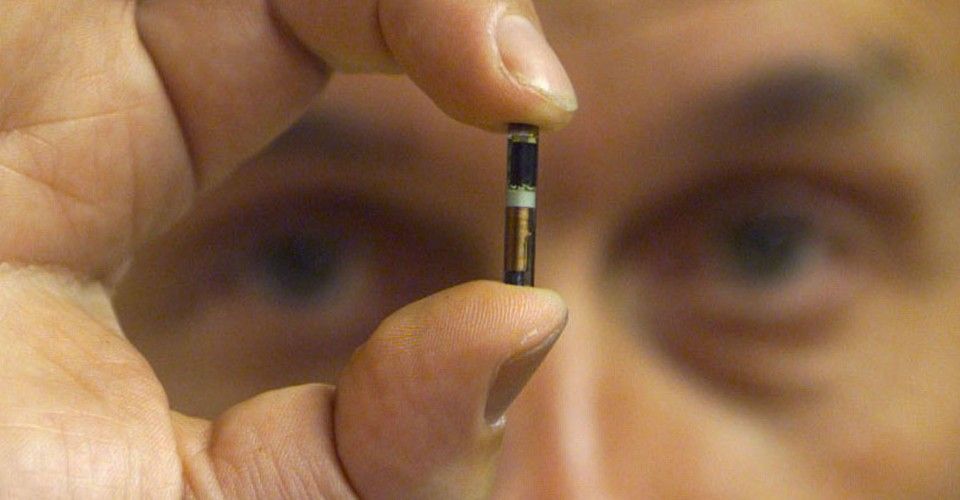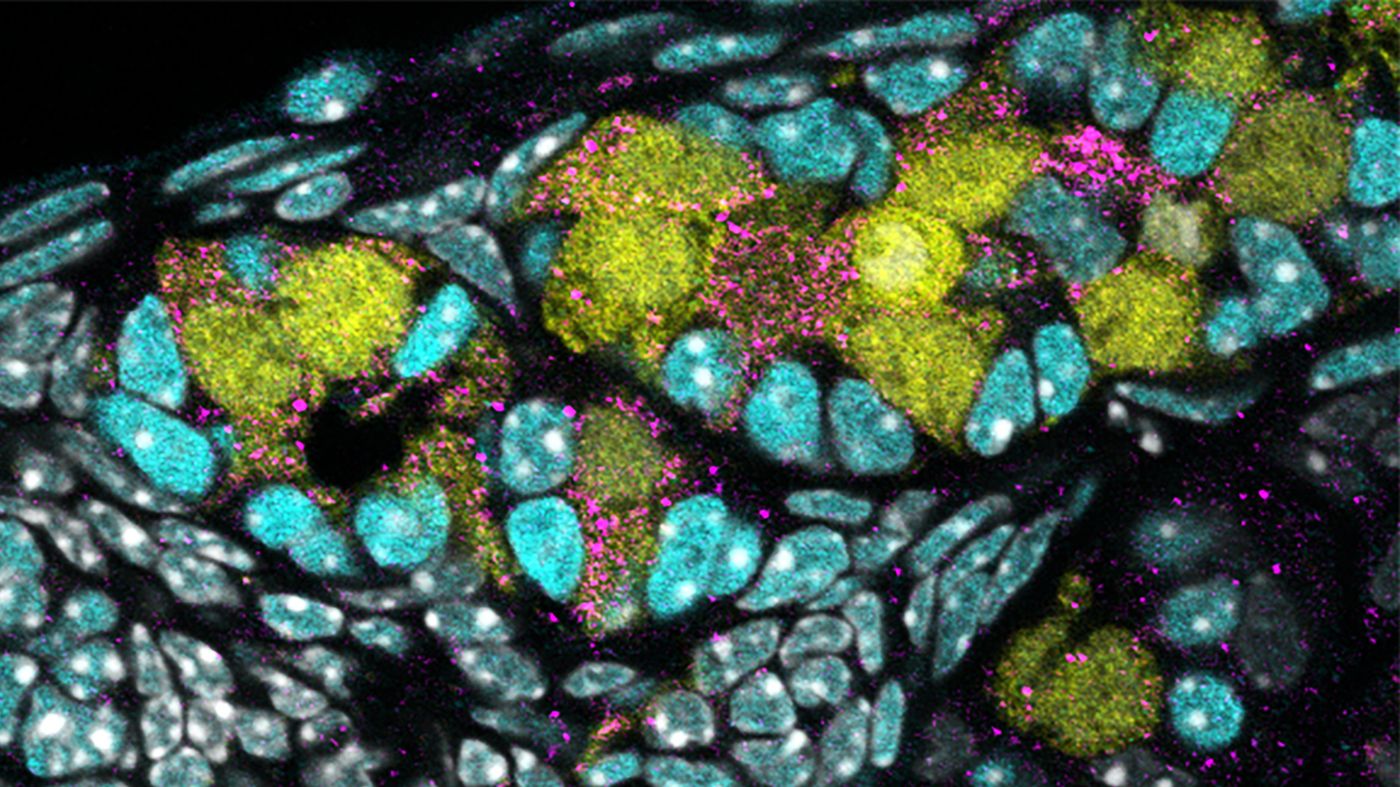With the introduction of more products aimed at gauging the effectiveness of mental health treatments, science is getting left behind, some experts say.



The new digital communications policy (NDCP) 2018, approved by the Cabinet on Wednesday, looks too good to believe. It has promised to create an additional four million jobs in five years and reskill another one million people in new-age skills and sectors such as 5G LTE and artificial intelligence. Six lakh villages will be connected which will eventually lead to creating jobs and several earning avenues such as managing WiFi hotspots and laying optical fibre, among others. The policy will give an impetus to the job market.
NDCP is bound to create a massive infrastructure and help the debt-ridden telecom sector emerge from its current turbulence. The policy document envisages the reduction in levies and ease of doing business, and this will help restore the financial health of the long-bleeding sector. The focus will be on the proliferation of telecom services and facilitating low-cost financing. The government’s ambitious plan of Digital India will get a booster shot. Thanks to the promise of 50 Mbps speed in the broadband connection, the consumer will be the ultimate beneficiary.
Plans are afoot to reform the licensing and regulatory regime to facilitate investments and innovation, besides promoting ease of doing business. The success of the policy will depend on the execution of the policy.
Biohacking for cures: what you need to know.


Scientists and dietitians are starting to agree on a recipe for a long, healthy life. It’s not sexy, and it doesn’t involve fancy pills or pricey diet potions.
Fill your plate with plants. Include vegetables, whole grains, healthy fats, and legumes. Don’t include a lot of meat, milk, or highly processed foods that a gardener or farmer wouldn’t recognize.
“There’s absolutely nothing more important for our health than what we eat each and every day,” Sara Seidelmann, a cardiologist and nutrition researcher at Brigham and Women’s Hospital in Boston, told Business Insider.


A ten-year-old beagle with prostate cancer is helping researchers at The University of Queensland use nanomedicines to accurately diagnose and target the disease.
Hoover is the first patient in the world to receive the nanomedicine, which the research team hopes will help track and treat his cancer, and lead to better treatment for people with the same disease.
Nanomedicine is the science of developing tiny particles for applications in health — in this case therapeutics to specifically target a protein found in prostate cancer.

Do you think NASA needs a new logo?
Michael D. Shaw is a biochemist and freelance writer. A graduate of the University of California, Los Angeles, and a protégé of the late Willard Libby, winner of the 1960 Nobel Prize in chemistry, Shaw also did postgraduate work at MIT. Based in Virginia, he covers technology, health care and entrepreneurship, among other issues.
NASA’s logo needs a refresh. The agency’s official logo, the 59-year-old “meatball insignia,” features a sphere to represent a planet, stars to represent space and a red chevron or “wing” to represent aeronautics, with white N-A-S-A lettering in the center. This logo looks like it belongs in a museum, commemorating the past, not celebrating the future. As NASA celebrates its 60th anniversary this year, this seems like a good time for the agency to update its antiquated logo.
